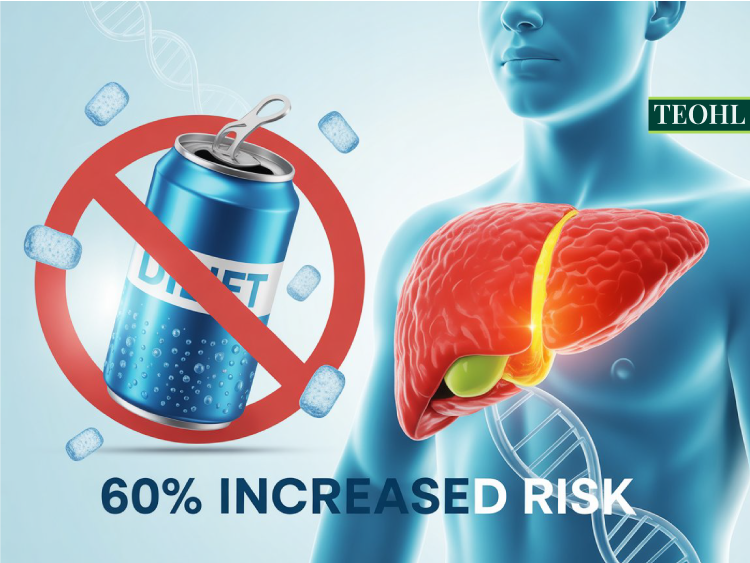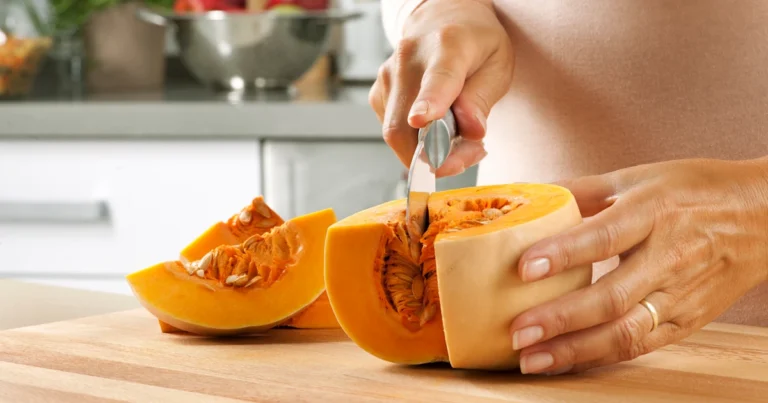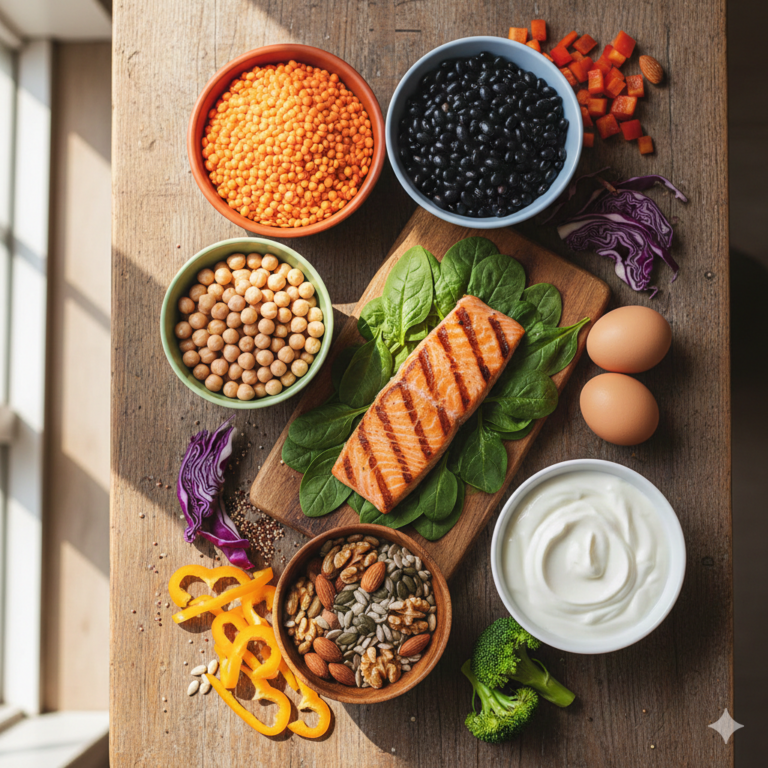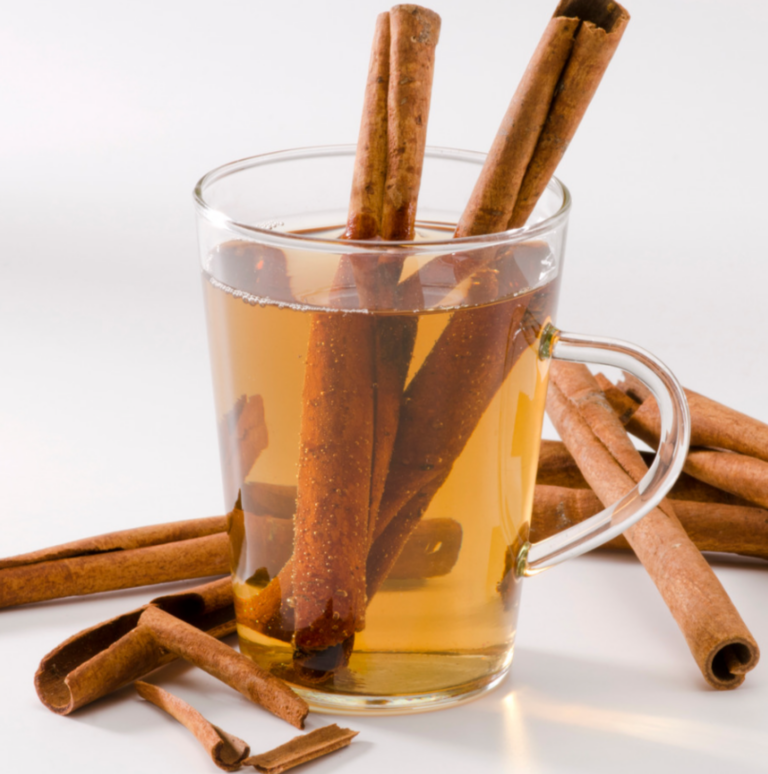Diet Soda and Liver Disease: What You Need to Know Now

Key Takeaways
- Drinking just one can daily of either diet soda or regular soda significantly increases liver disease risk
- Diet sodas pose greater danger: 60% increased risk for fatty liver disease versus 50% for regular soda
- Artificial sweeteners aren’t safer than sugar when it comes to your liver health
- Switching to water can reduce your liver disease risk by nearly 15%
- The dose matters: More diet soda consumption equals higher mortality risk from liver-related causes
The connection between diet soda and liver disease is more dangerous than most people realize. New groundbreaking research reveals that drinking just over one can of diet soda daily increases your risk of developing liver disease by a staggering 60%—even more than regular sugar-sweetened soda. If you’ve been reaching for diet soda thinking it’s the healthier choice, this article might completely change how you think about your beverage habits and liver health.
Here’s something that might make you rethink that afternoon Diet Coke: what if your “zero-calorie” beverage choice could actually be worse for your liver than the sugar-laden original version?
I know what you’re thinking. You switched to diet soda years ago believing you were doing your body a favor. You’re not alone—millions of health-conscious people have made the same swap, convinced they’re dodging the sugar bullet while still enjoying that fizzy satisfaction.
But research presented at UEG Week 2025 is turning everything we thought we knew about diet soda liver disease risks on its head. And honestly? The findings are alarming enough that every soda drinker needs to pay attention.
The Diet Soda and Liver Disease Connection Nobody Saw Coming
Let’s get straight to the heart of the matter. Researchers analyzed data from over 103,000 participants in the UK Biobank study, tracking their beverage habits for more than a decade. What they discovered about diet soda liver disease risk sent shockwaves through the nutrition community.
Picture this: consuming just over one can (330 grams) of any type of soda daily—whether it’s packed with sugar or artificially sweetened—dramatically increases your risk of developing metabolic dysfunction-associated steatotic liver disease, or MASLD for short.
But here’s where it gets really interesting. While sugar-sweetened sodas increased liver disease risk by about 50%, diet sodas and other artificially sweetened beverages cranked that risk up even higher—to a whopping 60% increase. That’s right: the “healthier” option might actually be the more dangerous one for your liver.
Understanding MASLD: What Liver Disease Really Means for Your Health
Before we dive deeper into the soda connection, let’s talk about what’s actually happening inside your liver when you develop MASLD.
Think of your liver as your body’s processing plant—it filters toxins, produces essential proteins, and helps regulate your metabolism. Now imagine that processing plant slowly getting clogged with fat that shouldn’t be there. That’s essentially what MASLD is: a buildup of excess fat in your liver cells that has nothing to do with alcohol consumption.
The scary part? MASLD often flies under the radar with no obvious symptoms until it progresses to more serious conditions. We’re talking about potential liver scarring (cirrhosis), liver failure, or even liver cancer down the road. Plus, people with MASLD face increased risks for cardiovascular disease and type 2 diabetes.
Currently, about 25-30% of adults worldwide have some form of fatty liver disease. That’s nearly one in three people walking around with this condition, many without even knowing it.
Why Diet Soda and Liver Disease Risk Is Higher Than Regular Soda
Now you’re probably wondering: how on earth can diet soda be worse for liver disease than regular soda when it doesn’t contain any sugar?
Great question. The truth is, we’re still unraveling the complex mechanisms at play, but here’s what we’re learning about the diet soda liver disease relationship.
First off, artificial sweeteners aren’t the benign substances we once believed them to be. Despite having zero calories, these sugar substitutes can trigger metabolic changes in your body. Some research from studies published in the National Library of Medicine suggests they may alter your gut bacteria, disrupt glucose metabolism, and potentially influence how your liver processes fats—none of which are good news for liver health.
What really caught researchers’ attention in this study was the dose-dependent relationship between diet soda consumption and liver-related mortality. Translation? The more artificially sweetened beverages people drank, the higher their risk of dying from liver-related causes. That’s a pattern that didn’t show up with regular sugar-sweetened sodas in the same way.
Lihe Liu, the graduate student who led this research at Soochow University in China, put it perfectly: “Frequent consumption was still linked with liver health risks, which challenges the common belief that these drinks are completely ‘safe’ or ‘healthy’ substitutes for sugary beverages.”
How to Reduce Liver Disease Risk: The Simple Water Solution
Ready for some genuinely good news in all this? The fix for reducing liver disease risk is surprisingly straightforward.
When researchers looked at beverage substitutions, they found that swapping out just one can of either regular or diet soda for water daily reduced MASLD risk significantly. We’re talking about a 14.7% reduction when ditching sugar-sweetened beverages for good old H2O.
And here’s what’s fascinating: simply switching from regular soda to diet soda (or vice versa) didn’t change the liver disease risk at all. The only beneficial swap was trading either type of soda for water.
Think about that for a moment. Your liver doesn’t really care whether you’re feeding it sugar or artificial sweeteners—it just wants you to stop with the sodas altogether and give it some plain water instead.
Healthier Beverage Alternatives to Protect Your Liver
Look, I get it. After years of drinking flavored, sweetened beverages, plain water can taste like… well, nothing. And nothing isn’t exactly exciting.
But before you despair, let me share some strategies that have helped countless people (including many of my clients) kick the soda habit without feeling deprived while protecting their liver health.
Start with sparkling water. Sometimes it’s the carbonation we crave, not necessarily the sweetness. Unsweetened sparkling water can give you that fizzy satisfaction without any of the liver-harming ingredients. Add a squeeze of fresh lemon, lime, or even a splash of 100% fruit juice for natural flavor.
Try fruit-infused water at home. This is a game-changer. Drop some cucumber slices, fresh berries, or citrus wheels into a pitcher of water and let it sit in the fridge overnight. You get subtle, refreshing flavor without any added sweeteners or chemicals that could harm your liver.
Brew unsweetened iced tea. Green tea, herbal teas, even regular black tea—brew them strong, chill them down, and you’ve got a flavorful beverage that’s actually good for you. The antioxidants in tea, particularly green tea catechins, might even provide some liver-protective benefits.
Use the gradual reduction method. Going cold turkey is tough. Instead, cut your soda consumption in half for two weeks, then half again, until you’re down to occasional treats rather than daily habits. Your taste buds will adjust faster than you think, and your liver will thank you.
The Diet Soda Marketing Myth and Liver Health Reality
For decades, we’ve been bombarded with marketing messages telling us that diet sodas are the smart choice—zero calories, zero sugar, zero guilt. The diet soda industry has built an empire worth billions on this premise.
But as registered dietitian nutritionist Karen Z. Berg wisely points out: “Just because something says ‘zero calories’ or ‘less sugar,’ it does not automatically equate with being healthier.”
She’s absolutely right. We’ve been so fixated on calorie counts and sugar content that we’ve overlooked the bigger picture of how these beverages affect our overall health—particularly our liver health.
When you think about it, diet sodas are essentially chemical cocktails designed to trick your taste buds into thinking you’re drinking something sweet. Your body, however, isn’t so easily fooled. While we’re still learning exactly how artificial sweeteners impact liver function, this new research on diet soda and liver disease suggests that our organs are paying the price for our “zero-calorie” indulgences.
Study Limitations: What the Liver Disease Research Can’t Tell Us Yet
Before you panic and pour all your Diet Pepsi down the drain—okay, maybe do that anyway—let’s talk about the limitations of this liver disease research.
First, this study hasn’t been published in a peer-reviewed journal yet. It was presented at a conference, which means it’s still waiting for the rigorous scrutiny that comes with formal publication. That doesn’t mean the findings about diet soda and liver disease aren’t valid, but it does mean we should hold our conclusions with a slightly open hand until experts can fully evaluate the methodology.
Second, the study relied on participants self-reporting their beverage intake. Anyone who’s ever tried to accurately remember everything they ate or drank last week knows that human memory isn’t perfect. People tend to underreport consumption of foods and drinks they know aren’t healthy.
Third, while the study found associations between soda consumption and liver disease, it didn’t prove causation. There could be other factors at play. Maybe people who drink more soda also have other dietary or lifestyle habits that contribute to liver problems.
Finally, the UK Biobank participants are predominantly white and tend to be healthier than the general UK population. We need more diverse research to know if these diet soda liver disease findings apply equally across different ethnic groups and populations.
Future Research on Artificial Sweeteners and Liver Disease
The research team isn’t stopping here. They’re working on completing their full manuscript for peer review and publication, which will allow the broader scientific community to examine their methodology and results about diet soda liver disease in detail.
Liu and his colleagues are particularly interested in understanding why artificial sweeteners might harm the liver. What are the biological mechanisms at work? Do different types of artificial sweeteners carry different risks? Is aspartame worse than sucralose for liver health, or vice versa?
These are crucial questions that need answers, especially as new sugar substitutes continue entering the market. The researchers also plan to conduct longer-term studies with more diverse populations to strengthen the evidence base around diet soda and liver disease.
Protecting Your Liver: Action Steps You Can Take Today
So where does all this leave you as you stand in front of your refrigerator, contemplating that cold can of soda?
In my 15 years as a registered dietitian, I’ve learned that sustainable change comes from education, not fear. You now know that the link between diet soda and liver disease is real and potentially serious. You also know that even one can a day can significantly increase your risk for MASLD.
But knowledge is only powerful when you act on it. Here’s what I recommend to protect your liver health:
Assess your current intake honestly. How many sodas—diet or regular—are you actually drinking per day? Per week? Track it for a few days without judgment, just observation.
Set a realistic reduction goal. If you’re drinking four sodas daily, don’t try to quit cold turkey tomorrow. Aim to cut down to three for a week, then two, and so on. Small steps lead to lasting change and better liver health.
Find your water strategy. Experiment with the suggestions I mentioned earlier—sparkling water, fruit infusions, unsweetened tea—until you find options you actually enjoy.
Remember the stakes. Your liver is working 24/7 to keep you healthy. It filters toxins, produces essential proteins, regulates your metabolism, and so much more. The least we can do is stop flooding it with substances that make its job harder.
Talk to your doctor. If you’ve been a heavy soda drinker for years, it might be worth discussing liver function tests with your healthcare provider, especially if you have other risk factors for MASLD like obesity, diabetes, or high cholesterol.
The Bottom Line on Diet Soda and Liver Disease Risk
We’ve been sold a bill of goods when it comes to diet sodas. The promise was simple: all the taste, none of the calories, no consequences. Turns out, that last part wasn’t quite true—especially when it comes to liver disease risk.
The emerging evidence on diet soda liver disease risk is clear enough to warrant serious consideration, even as we await more research. Whether it’s the sugar in regular soda or the artificial sweeteners in diet versions, your liver is bearing the burden—and neither option is doing it any favors.
The good news? Unlike some health conditions where the solutions are complicated or expensive, protecting your liver from soda-related damage is refreshingly simple: drink more water. It’s free, it’s available everywhere, and your body is literally designed to run on it.
Will giving up soda be easy? Probably not, especially if you’ve been drinking it for years. Will it be worth it for your liver health? Absolutely. Your liver—and your overall health—deserves better than a daily dose of chemicals, whether they come with sugar or without.
The choice, as always, is yours. But now you’re making that choice with your eyes wide open to what diet soda might be doing to your liver health. And that’s the first step toward making a change that could literally save your life.
Ready to Protect Your Liver Health?
What’s your biggest challenge when it comes to cutting back on soda? Have you noticed any changes in your health since reducing your soda intake? Share your experiences in the comments below—your story might be exactly what someone else needs to hear to make that change. And if you found this article about diet soda and liver disease helpful, share it with someone who needs to read it. Together, we can spread awareness about the real risks to liver health.
References and Further Reading:
- UEG Week 2025 – United European Gastroenterology
- UK Biobank – Health Research Resource
- NIDDK – NAFLD & NASH Information
- Mayo Clinic – Liver Function Tests
- American Heart Association
- National Cancer Institute – Liver Cancer






